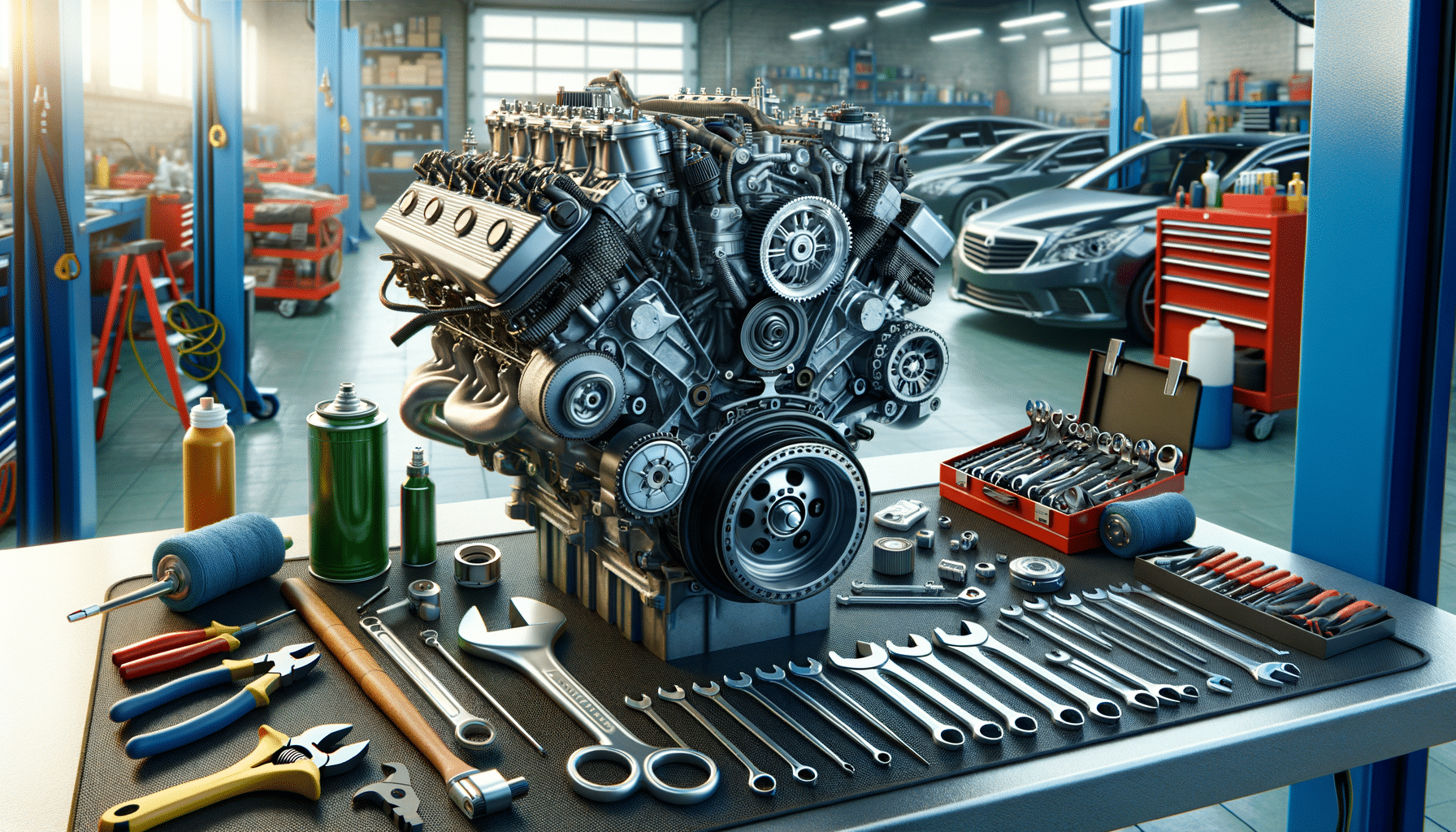
Is a Used Engine Right for Your Vehicle? Here’s What to Consider
Understanding the Appeal of Used Engines
When it comes to vehicle maintenance, the engine is undeniably one of the most critical components. But what happens when your engine fails, and a replacement becomes inevitable? Enter the world of used engines. Opting for a used engine can be an economical and practical choice for many car owners. These engines are often sourced from vehicles that have been in accidents or have reached the end of their life for other reasons. Many used engines come from cars with low mileage, making them a viable option for those looking to save money while ensuring their vehicle remains operational.
Used engines are generally more affordable than new ones, which can be a significant factor for budget-conscious vehicle owners. The cost savings can be substantial, often ranging from 30% to 50% less than a new engine. This affordability does not necessarily mean a compromise on quality. Many suppliers offer warranties on used engines, providing a safety net for buyers.
However, purchasing a used engine requires careful consideration. It’s essential to verify the engine’s history, including its mileage and any previous repairs. A thorough inspection by a trusted mechanic can also help ensure the engine is in good working condition. With the right approach, a used engine can be a reliable and cost-effective solution.
Engine Replacement: What You Need to Know
Replacing an engine is a significant undertaking, whether you’re opting for a new or used one. Understanding the process can help set realistic expectations and ensure a smooth transition. The first step in engine replacement is diagnosing the issue with your current engine. This involves consulting with a qualified mechanic who can assess whether a repair is possible or if a complete replacement is necessary.
Once the decision to replace the engine is made, the next step is selecting the right engine. This involves matching the engine to your vehicle’s make, model, and year. Compatibility is crucial to ensure that the new engine will function properly with your vehicle’s existing systems.
After selecting the engine, the installation process begins. This is a complex task that requires professional expertise. The mechanic will remove the old engine, install the new one, and connect all necessary components. This process can take several days, depending on the complexity of the vehicle and the availability of parts.
Finally, it’s important to consider the warranty and maintenance requirements of the new engine. Regular maintenance, such as oil changes and inspections, can help prolong the engine’s life and ensure optimal performance.
Affordable Auto Repair: Tips for Saving Money
Auto repairs can be a significant expense, but there are ways to keep costs down without compromising on quality. One of the most effective strategies is to stay informed about your vehicle’s maintenance needs. Regular maintenance can prevent costly repairs by addressing issues before they become severe.
Another tip is to shop around for repair quotes. Different repair shops may offer varying prices for the same service. Getting multiple quotes can help you find the most competitive price. Additionally, consider asking for recommendations from friends or family to find a reputable mechanic.
Using aftermarket parts instead of original equipment manufacturer (OEM) parts can also save money. Aftermarket parts are often less expensive and can be just as reliable as OEM parts. However, it’s essential to ensure that any parts used are compatible with your vehicle.
Finally, consider learning some basic car maintenance skills yourself. Tasks like changing the oil, replacing air filters, or checking tire pressure can be done at home with minimal tools and experience, saving you the cost of labor at a repair shop.
Evaluating the Pros and Cons of Used Engines
Choosing a used engine involves weighing the advantages and potential drawbacks. On the positive side, used engines are cost-effective and can be an environmentally friendly option, as they recycle existing parts rather than requiring new manufacturing.
Another benefit is the availability of engines for older or discontinued models. This can be particularly advantageous for classic car enthusiasts or those with vehicles no longer in production. Used engines can provide a lifeline for these vehicles, keeping them on the road longer.
However, there are risks associated with used engines. The primary concern is the uncertainty of the engine’s history and condition. Without proper documentation, it can be challenging to verify the engine’s mileage or any previous issues. This uncertainty can lead to unforeseen problems down the road.
To mitigate these risks, it’s crucial to purchase from a reputable supplier who provides a warranty and detailed information about the engine’s history. A thorough inspection by a professional mechanic before purchase can also help ensure that the engine is in good condition.
Making the Right Choice for Your Vehicle
Deciding whether to opt for a used engine or pursue other repair options depends on several factors, including your budget, vehicle type, and personal preferences. If cost savings are a priority and the vehicle is compatible with a used engine, this option can be an excellent choice. However, if reliability and peace of mind are more important, investing in a new engine or comprehensive repairs might be worth the additional cost.
It’s also essential to consider the long-term value of your vehicle. If the car is relatively new or has a high resale value, investing in a new engine could be a wise decision. Conversely, for older vehicles with lower market value, a used engine might be more practical.
Ultimately, the decision should be based on a thorough assessment of your vehicle’s needs and your financial situation. Consulting with a trusted mechanic can provide valuable insights and help you make an informed choice.

